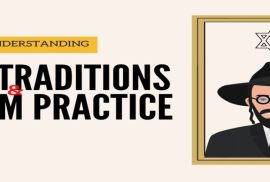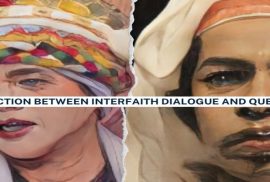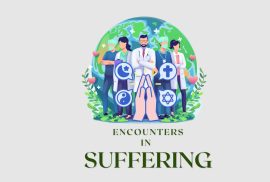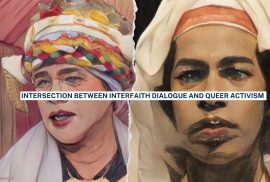Written by Athanasia Safitri
Started as a dissertation for his doctorate, Akhmad Siddiq transforms the writing into a book entitled “Kristen Madura: Agama, Identitas, dan Pergulatan Sosial” for more people to understand about the existence of Madurese Christians and their social struggle in society. He realises that there has been a stigma stating that Madurese are all Muslims and it shapes not only their religion but also their cultural identity, which roots in Islam. This is one of the reasons of discomfort that Madurese Christians experience, to the extent that they are reluctant in revealing their religion to their community to avoid tension from the majority. For the time being, however, the growing number of non-Muslim Madurese, both on Madura Island and in other parts in East Java, has made assimilation inevitable and interreligious interaction even more unpreventable.













